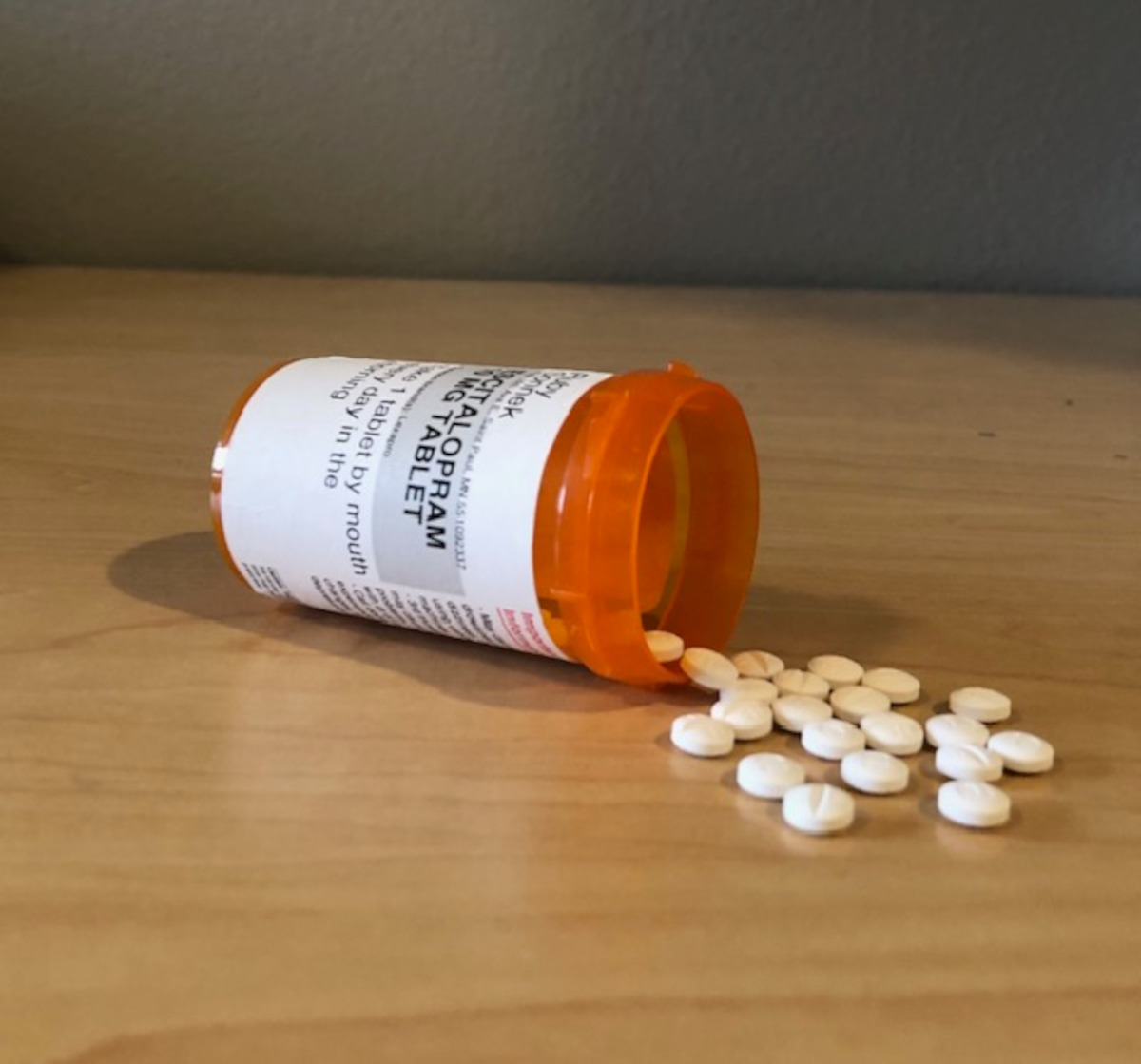The Wisconsin legislature is considering a bill that would legalize medical marijuana for patients with “debilitating medical conditions.” Other states have passed similar legislation with compassion of their residents in mind.
This bill has been dubbed the Jacki Rickert Medical Marijuana Act, named after a local patient who has been at the head of the medical marijuana movement for close to 20 years. The bill is about compassion for the sick. Rickert’s message, “This Bill This Time,” is made clearer through the questions she asks: “How am I a criminal? Where is the compassion? Is My Medicine Legal Yet?” That last one is also the name of her organization (www.immly.org).
That message, with help from the Wisconsin chapter of the National Organization for the Reform of Marijuana Laws (NORML), has rallied scores of people to the capital in Madison. Public hearings, meetings with legislators and protests are aimed at opening the law books to the free exchange of information and research of medical uses for cannabis.
There is a heavy emphasis on time because the current legislative session ends April 22. Gov. Jim Doyle (no relation) said last October that he would support a bill if marijuana use were prescribed by a doctor. With a current Democratic majority and Doyle not running for re-election, Rickert and compassionate supporters are stressing urgency.
Rickert lives with Ehlers-Danlos Syndrome, a degenerative illness that eats away at collagen, the protein that adds strength and elasticity to the body’s connective tissue. It’s the glue that holds the body together, and Rickert’s body has reached the end of the battle.
I met Rickert the other day. Walking into the back room of a restaurant in Mondovi, I could sense her tremendous spirit and was taken aback by its physical capsule. A small and aging woman to begin with, Rickert’s body twists and bends easily, but she barely had the strength to give me a hug.
She sat on a restaurant chair, with her feet up on another. Every joint of her hands looked like a boxer’s – puffy from repeated breaks and dislocations. Hunched over for most of our conversation, she spoke of how she would spend her time if she could pass this legislation and legally use marijuana.
She would spend more time with her daughter and two grandchildren. She said she would love to read, and when I asked her what she’s interested in reading, she replied, “A library.” She used to draw before Ehlers-Danlos set in. Now she struggles to remove her glasses.
Rickert was on many medications and weighed just 68 lbs when she discovered marijuana. She didn’t tell her doctor at first. “It was my little experiment,” she said. In less than a month, she had gained weight and was feeling better. Her doctor was puzzled. He hadn’t changed her regiment or switched medications. “Well, I added one, doc,” she said to him.
She told him it was cannabis. He admitted his ignorance at first and started researching the plant’s medicinal uses. The clincher for his approval was having a personal case study in Rickert.
After years of spreading awareness of medical marijuana, Rickert says this is the best chance Wisconsin has had and will have for the foreseeable future. The current bill would allow doctors to prescribe marijuana to their patients, available at a dispensary. Patients have to receive a registry identification card to possess up to three ounces, or 12 live plants.
There is also a provision for patients to have a “caretaker” in charge of their medicine if they are physically unable to themselves. Many people currently use medical marijuana illegally, forcing themselves or family members to track down the drug on the streets. Legalization eliminates any dangerous risk involved with drug dealers.
Some diseases covered in the bill are cancer, glaucoma, AIDS or HIV, Alzheimer’s disease, ALS (Lou Gehrig’s disease) and Post Traumatic Stress Disorder. There is also a clause allowing use by patients receiving treatment for diseases that cause severe pain, severe nausea, seizures or severe and persistent muscle spasms.
This is not about people getting stoned. Some may say this opens the door to recreational legalization, but that claim is unfounded. It has taken decades of public pressure and political dealing to get this bill, so full legalization in the near future is highly unlikely.
Most of us know someone who has lived with a painful disease. Wouldn’t you want your loved ones to have access to anything that could make them feel better during their painful time?
I urge everyone to call their legislators and tell them to support Assembly Bill 554 and Senate Bill 368, the Jacki Rickert Medical Marijuana Act. For most students, that means Sen. Pat Kreitlow (Senate District 23) (608)266-7511 and Rep. Kristen Dexter (Assembly District 68) (608)266-9172.
Doyle is a senior broadcast journalism major, news and public affairs director for WHYS-FM and a guest columnist for The Spectator.






